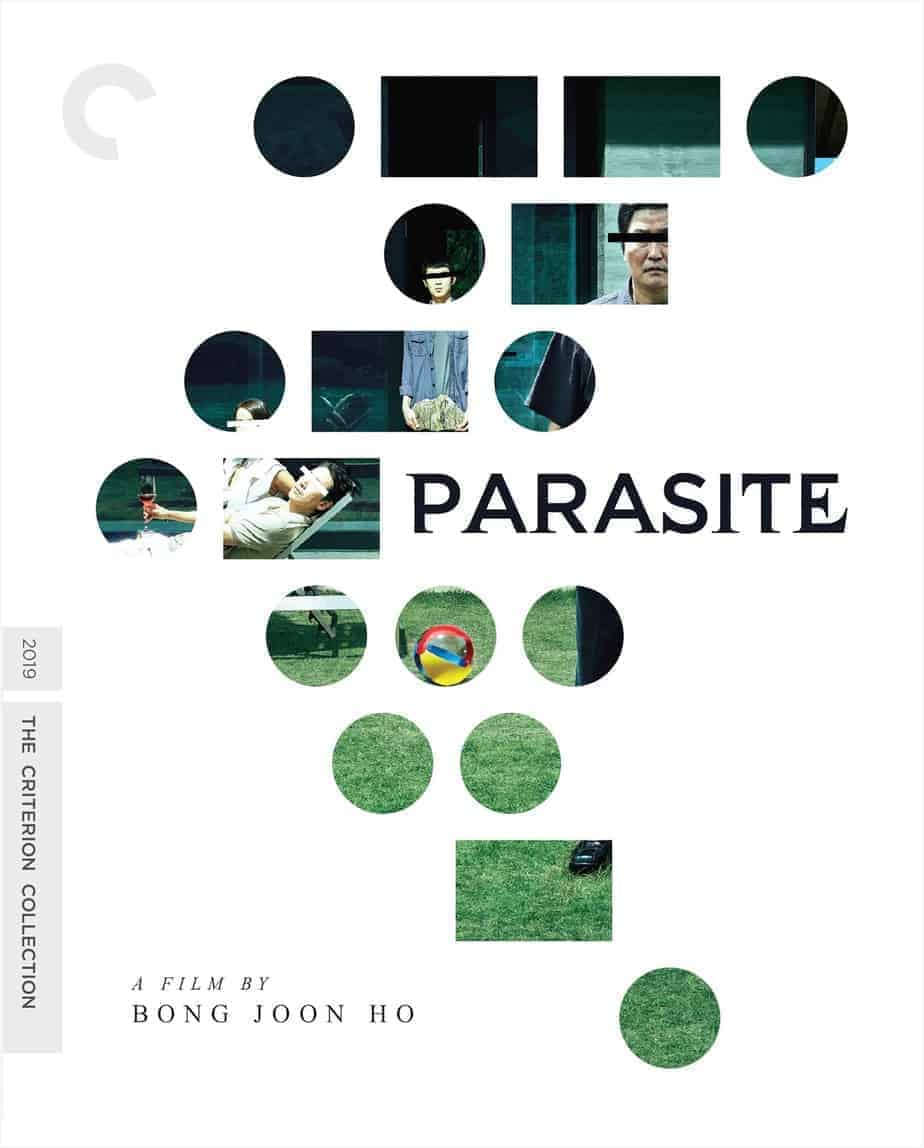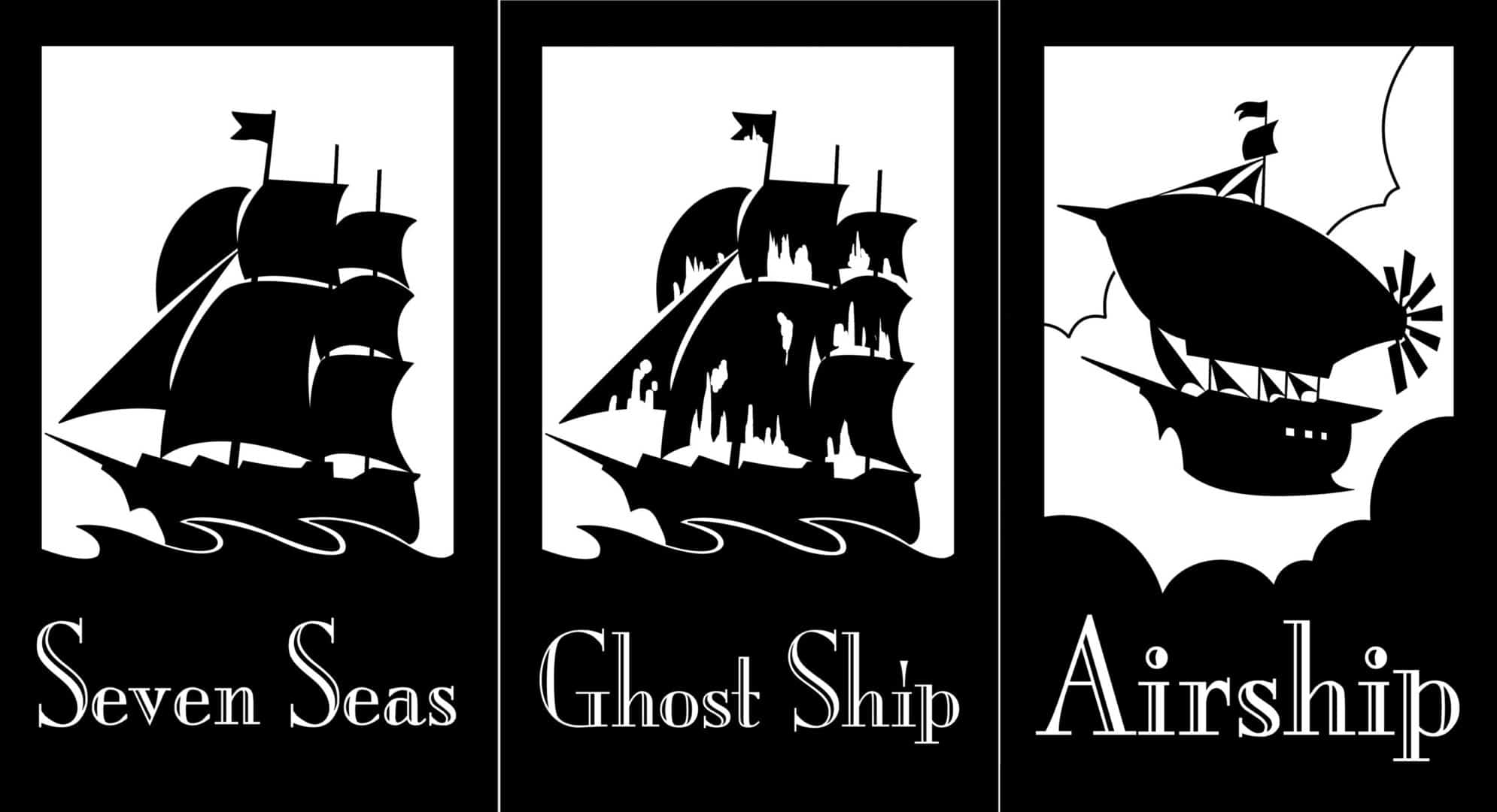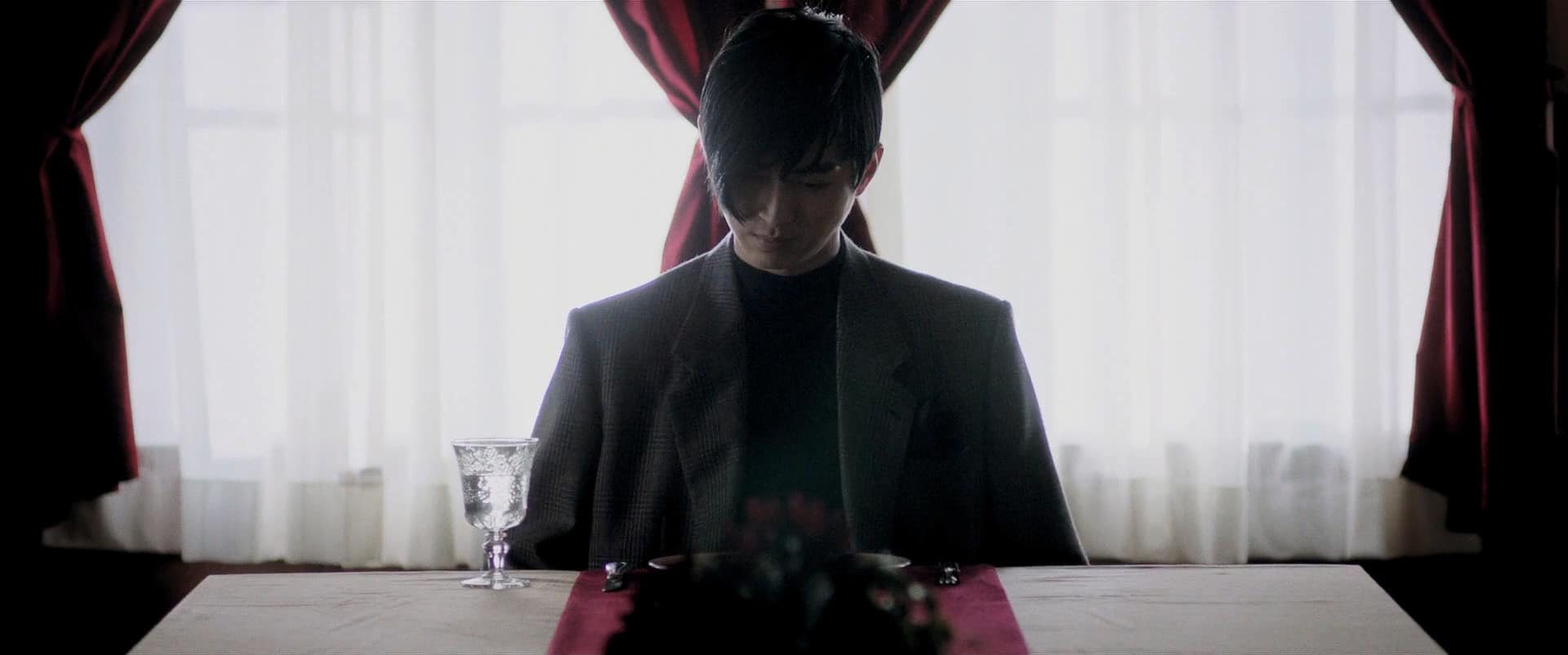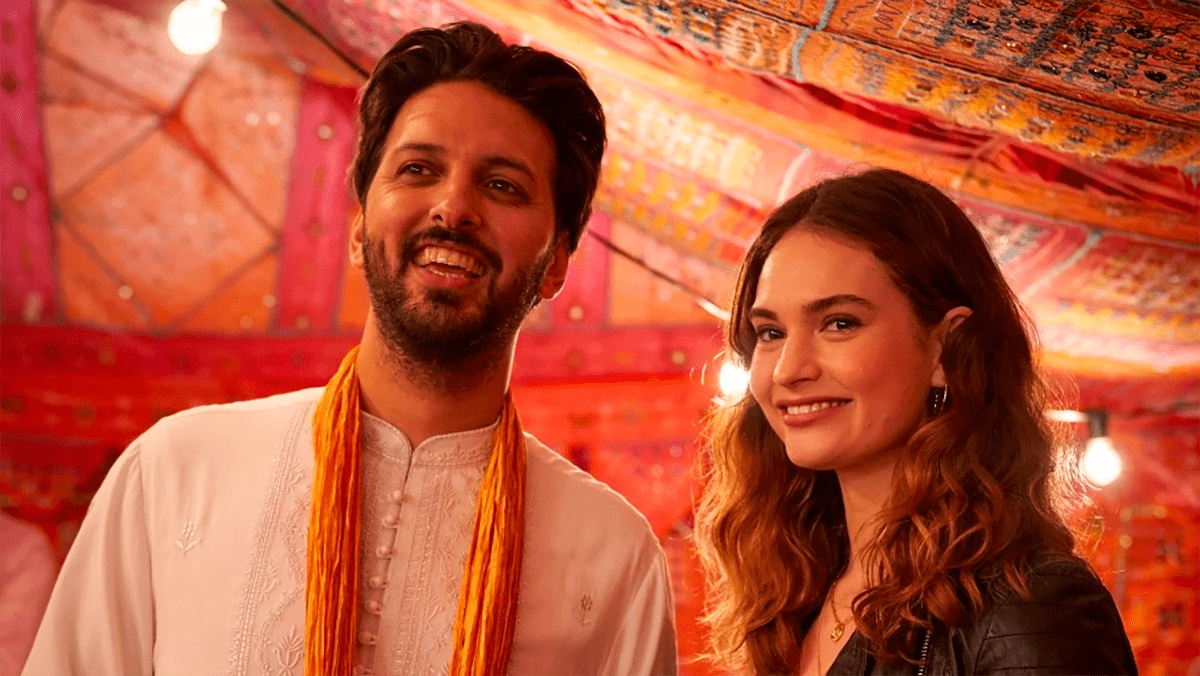YIDFF 2023 presented a total of 130 films across 11 categories. In the two competition sections, International Competition and New Asian Currents, there were 2,134 entries from 120 countries and regions, out of which 15 films were selected for the International Competition and 19 films for New Asian Currents, in a total of 34 films.
The opening film following the opening ceremony was the Asian premiere of Ryuichi Sakamoto | Opus, directed by Sora Neo, which captured the last solo concert of the musician who passed away in March 2023. Screenings were packed, with many sold out not only for the popular competition films, but also for screenings of the Special Programs, a particularly renowned feature of YIDFF. The first large-scale retrospective of Noda Shinkichi in Japan was a great success, with full house every day, attracting many film fans. As Yamagata is the first Japanese city to join the UNESCO Creative Cities Network in the field of film, a special program featuring the theme of “View People View Cities” presented eight titles chosen from the twenty member cities (excluding Yamagata).
A huge screen was set up next to the Yamagata station with kitchen trucks in tow, for a series of open-air screenings, a first for YIDFF, which attracted wide attention.
Komian Club, the festival's evening social gathering place, was transferred and revived at the Sanjusangendo restaurant of the Washington Hotel in Nanokamachi. Packed with festival guests and film audiences every night, the venue became the festival hub for excited discussions about films.
Other events included the familiar “Cinema with Us” established in the wake of the Great East Japan Earthquake, “Yamagata Rough Cut!” conversations between filmmakers and film viewers about films before completion, and other events and a symposium co-presented with Taiwan. People gathered from home and abroad to engage in meaningful dialogue that transcended national and generational boundaries.
The final tally of participants in this year's festival is currently 22,327 (as of October 16, 2023).
Prizes for International Competition

The Robert and Frances Flaherty Prize (The Grand Prize)
A Night of Knowing Nothing Dir. Payal Kapadia
The Mayor's Prize
The Visit and a Secret Garden Dir. Irene M. Borrego
Award of Excellence
Self-Portrait: 47 KM 2020Dir. Zhang Mengqi
Notes for a FilmDir. Ignacio Agüero
Special Jury Prize
Knit's Island Dir. Ekiem Barbier, Guilhem Causse, Quentin L'helgoualc'h
New Asian Currents Award
Ogawa Shinsuke Prize
Losing Ground Dir. anonymous
Award of Excellence
A Lost Heart and Other Dreams of Beirut Dir. Maya Abdul-Malak
Trip to Lost Days Dir. Shen Ruilan
Citizens' Prize
Land of My Dreams Dir. Nausheen Khan
Guild of Japan Award
Parallel World Dir. Hsiao Mei-ling
General comment- International Competition
What is a documentary? Each of the fifteen feature films in the international competition proposes its own answer to this impossible question. The films we watched spanned a vast array of styles and approaches, giving an expansive sample of the heterogeneity and vitality of nonfiction filmmaking today. From the artifice of computer-generated animation and reenactment to the directness of patient observation and kinetic bodycam footage, from intimate first-person approaches to essayistic engagements with archival materials, these films invent forms in response to the demands of their subjects. They are marked by audacity and creativity, frequently putting the act of representation into question in order to grapple with a world marked by uncertainty and crisis, but also by beauty and friendship. The jury found much to admire and discuss, with the invaluable help of our wonderful translators. It was a privilege to spend these days immersed in such a strong and diverse selection of works. The idea of reality may be in crisis today, but if this international competition is any indication, documentary certainly is not.
The Robert and Frances Flaherty Prize (The Grand Prize)
A Night of Knowing Nothing
A Night of Knowing Nothing adopts a fictional conceit in order to historicize the reality of a tumultuous present, crafting a portrait of a nation in crisis that is equally a story of love, friendship, memory, and youth. Marshalling a vast array of cinematographic techniques and technologies with skill and creativity, Payal Kapadia reflects on how and why images are made and what they can do. This enchanting and risk-taking film abandons all didacticism while retaining a political acuity that resonates intellectually and emotionally.
The Mayor's Prize
The Visit and a Secret Garden
A once-celebrated painter, now vanished from the limelight. The almost childlike sincerity of the director (her niece) radiates from the screen as she resolutely struggles to open the door to her aunt's heart. The sharpness of the words the artist hurls at the director are filled with a self-confidence in which her soul and aspirations persist, penetrating the hearts of the audience. Her approach might at first seem rough, but it manages to break through the wall between her and her subject, enveloping the audience in the process. An intensely magnetic, masterly work.
Award of Excellence
Self-Portrait: 47 KM 2020
The most fundamental criteria testing a film director's skill is whether they are able to capture the speed of time passing through a specific space—in other words how close they can get to the true emotions of the people living there. Zhang Mengqi achieves that. Her body becomes one with the bodies of the people in the local farming village, living according to the rhythm they follow (based on the twenty-four solar terms used in East Asian agricultural societies), remaining both unflinching in the face of the terrible COVID-19 pandemic, and sincere and optimistic despite the hard labor of farming, her life force ever- strengthening. A hymn to life in troubled times.
Notes for a Film
Excellence in this award means above all that the filmmaker gives us the opportunity to be the final authors of the film as viewers. If every film is an offering, this one is it in a really generous way. It is not a movie but its notes. Notes that we use to built the film for ourselves in a double visit to a magic place. First we visit it with an historical book to show us what was in this remote geography. and secondly, we go there together with the filming crew to capture the most difficult thing: what no longer exists there today. So, for reading us Araucania and letting us imagine it, this Excellence Award goes to NOTES FOR A FILM by IGNACIO AGÜERO.
Special Jury Prize

Knit's Island
We are no longer able to view online games as simple virtual worlds. It's quite the opposite: they are both part of the real world and doubly mirror how increasingly unequal the physical world is. Compared to the physical world, the complexity of human nature and the struggle to survive are not simple in online games either. Knit's Island documents all of this in 963 hours.
General comment- New Asian Currents
It has been such a privilege to be jury members for New Asian Currents. We spent more 8 hours to make the decision. There was a lot of discussion, as well as coffee and pizza. That's because we do NOT take our responsibility lightly, and because we know how career-and even life-changing the awards can potentially be for some of the filmmakers. They have shared their unique visions, and we can really see and feel the struggles and hopes of the filmmakers and what and whom they are filming. The genre of the documentary film expresses reality and opens up a unique space for us to question what we see, what realities there are, what the ‘truths' might be. In the age of divisive ideologies, transformative AI, fake news and more, our invitation is for filmmakers to go even further, to push the possibilities of the documentary format even further, which a radical film festival like Yamagata and an extraordinary category like New Asian Currents have been celebrating. We invite filmmakers to be even more courageous, to push more creative boundaries. Given our troubled moment, what kind of worlds do we want to create and indeed re-create? What would a ‘document' of a better reality look like? What hopeful visions can we reveal? We have only been able to award a few prizes, but as we know, every filmmaker who are here at the Yamagata International Documentary Film Festival has been a fighter and winner.
Ogawa Shinsuke Prize
Losing Ground
The Ogawa Shinsuke Prize goes to a film that has been created in a precarious and unimaginably challenging situation, such that the filmmaker has to remain anonymous. Despite the trauma of imprisonment, what and how they are conveying is highly- controlled and precise. Their decision for a minimalistic aesthetic approach, were strategies out of necessity, but have worked well for the film. Skilful moves, such as the yelling by an entrapped character, followed by a shot of the exterior world, suggest that their pain isn't just personal, but universal. The prize will hopefully make a significant impact to the filmmaker and others around them. We want to send a strong message to this as well as other filmmakers who are similarly trapped or imprisoned, physically or metaphorically, that we see you. We care, and we are in solidarity with each and everyone of you.
Award of Excellence
A Lost Heart and Other Dreams of Beirut
This film unveils the traumatic, violent histories of a country, through a cinematography that is seductive, intimate and emotional. What happens to those left behind the violence? Who is still alive? Are we all living ghosts?, you ask as the scenes un-fold. Through the sounds of sea waves crashing, and visuals of merry-makers, and cats battling for their territories, you are assured that life does go on, and that life can be beautiful and hopeful. What the film reveals is quiet and gentle, and all the more powerful. The film also points us to the troubles — and perhaps moments of healing — that is happening in different parts of the world as we speak, such as Palestine, Ukraine, and more. Every shot is specific and well-crafted, revealing the masterful nature of the filmmaker.
Trip to Lost Days
This is a bold, confident, ambitious and adventurous film by a young, talented filmmaker. The approach is dramatic, with artistic interventions that walk the tightrope of the boundary of fiction and non-fiction, opening up a pathway of a filmic vocabulary that pushes the possibilities of the genre of documentary. Through voice-over and imagery that evoke dreams and poetry, the film can also be read as a radical, sideways critique of the dominant political reality of the country that the filmmaker is working in.















